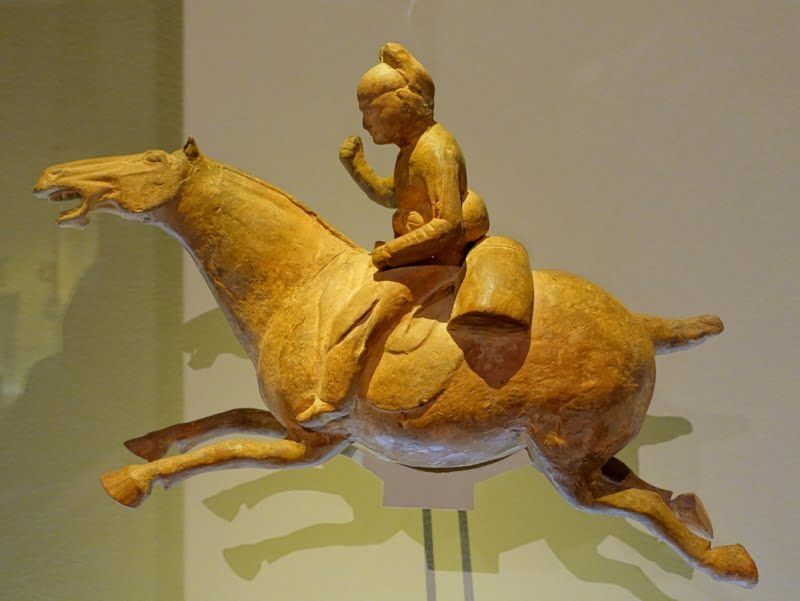Reinier advises national and international companies
reinier.russell@russell.nl +31 20 301 55 55Paul is a highly experienced, creative and tenacious litigator
paul.russell@russell.nl +31 20 301 55 55If a collector is regarded as an art dealer, he loses the protection he has a consumer. It also means that if he sells to a consumer, the buyer, on the contrary, can rely on this protection. A collector who also sells works of art must therefore be careful not to present himself as an art dealer, in particular when he acts on behalf of others.

A collector will sometimes sell artworks in order to be able to buy new objects. If this happens a lot, he can be regarded as a an art dealer rather than a consumer. When is that the case? And what are the consequences?
To assess whether a person sells an object as an art dealer rather than a private collector, the following, among other things, will be taken into account:
If an art collector is regarded as an art dealer, he loses the protection he has a consumer. It also means that if he sells art to a consumer, the buyer, on the contrary, can rely on this protection.
This is clear from a recent judgement of the Mid-Netherlands District Court. What was the case about? The parties had concluded an oral agreement for the sale of two statuettes of polo players from the Tang Dynasty for the amount of € 250,000. 16 days later, the buyer announced that he wanted to refrain from the purchase. The seller did not agree. Among other things, he had already made commitments with an intermediary in Hongkong who tried to sell the statues on behalf of the owner. Therefore, he could not reverse the sale. Since he needed the money badly, he was not able to advance the amount and to look for a different buyer. However, the buyer refused to pay the purchase price and to take the statues.
The seller took the case to court and demanded that the contract of sale would still be executed. The buyer defended himself with the statement that he had dissolved the contract in accordance with consumer law. The first question the court had to answer was therefore: Is consumer law applicable? Is the seller a professional art dealer?
The seller claimed that he was a collector who incidentally sold a work of art. He did so as a private individual, clearly separated from his company accounts. The Court disagreed with him. In this case, he had sold two works of art that did not belong to him. He himself had written to have consignment of the statues. In addition, it turned out that he regularly sold works of art. He made money out of it, too. And though it was not his main profession, it was clearly more than a hobby. A side activity can also be exercised professionally. After all, the seller had presented himself as a person with long-standing connections in the art trade.
Consumer law was applicable and thus the statutory reflection period of 14 days upon concluding the sales agreement. As the collector had not considered himself to be a dealer, the consumer buyer had not been made aware of the reflection period, which was consequently automatically extended by one year. Therefore, the purchase had been validly dissolved after 16 days.
Do you sometimes sell a work of art from your collection or do you buy art from a collector and would you like to know what your rights are? Or do you have any other questions concerning art sale and purchase? Please contact us:
The Advisory Committee for the Protection of Cultural Property (also referred to Pechtold Committee) presented its advice to the Minister of Culture on 30 September 2019. What are the consequences, among others for art dealers, collectors and foundations?
Corporate art collections, private individuals and museums lend art to one another. This involves benefits for both parties, however, there are also risks involved in lending art.
As of 1 January 2026, the Money Laundering and Terrorist Financing (Prevention) Act (Wwft) will change. Cash payments of EUR 3,000 or more will then be prohibited. What does this mean for the retail sector and the art trade?
Managing a nonprofit organization requires not only idealism and dedication, but also a sensible approach to legal opportunities and risks. This ensures that the charity is future-proof. What are the important issues that need to be properly addressed?
Since 28 June 2025, a new EU regulation requires anyone wishing to import cultural goods into the EU to have an import licence or submit an importer’s declaration. When is which type of document required? How does it affect art dealers, galleries, auction houses and collectors, both inside and outside the EU?
Employees who consume alcohol and drugs during work or who want to work under the influence remain a problem for employers. What measures can you take against this? Are you allowed to test an employee if you suspect they are under the influence?